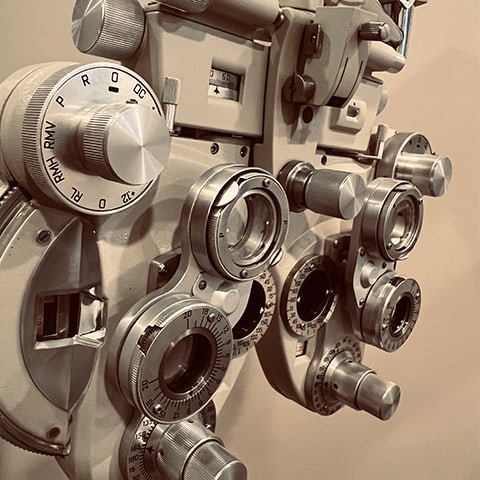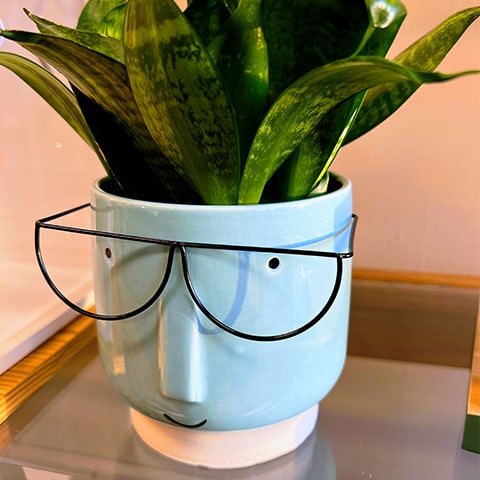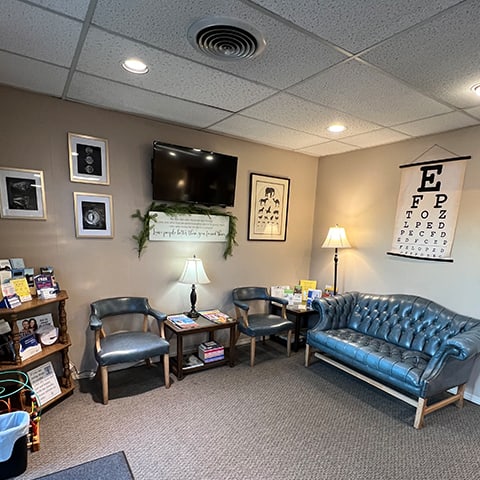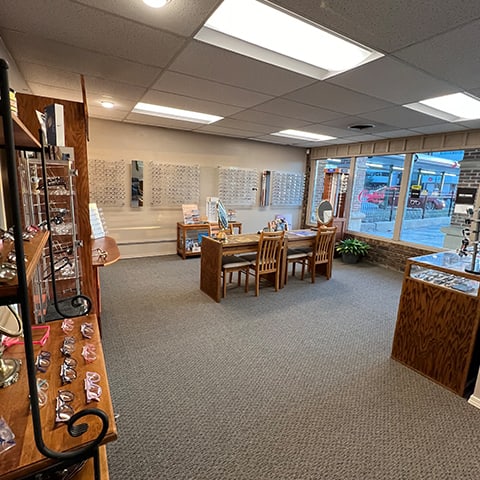Accidents Happen, Let Us Help
Eye injuries or trauma to the eye area can be stressful and frightening. Your eyesight is precious, and anything that might put it at risk needs to be dealt with immediately.
When an accident occurs, call our office right away. We can assess your situation and recommend next steps, whether that means seeing an optometrist or going directly to an emergency room.
If our office is closed, you should proceed to your nearest hospital.
Request Appointment
Types of Eye Emergencies
Common eye emergencies we can treat include:
- Corneal abrasions (scratches)
- Foreign objects stuck in the eye
- Chemical splashes or burns
- Infections like conjunctivitis (pink eye)
- Flashes, floaters, or retinal detachment
- Eye diseases
Symptoms That Might Mean an Eye Emergency
While most eye emergencies involve noticeable symptoms or trauma, other eye emergencies are not as obvious. Any sudden changes to your vision should be considered an eye care emergency.
Sudden onset of any of the following symptoms may also be indicative of an emergency:
- Burning or stinging
- Pupils that differ in size
- Bulging eyes
- Severe eye pain
- Double vision
- Redness or severe itching
- Bruising or bleeding
- Sudden headache
- Discharge from the eye
- Eyes not moving together
Call us immediately should you experience any of these issues.
Eye Emergency Do’s & Don’ts
Eye emergencies can happen anywhere, including work, home, athletic events, or on the playground. However, you can help reduce the risk of serious complications by knowing the necessary first aid steps and seeking appropriate care immediately.
Acting fast can increase the chance of a positive outcome and help preserve your sight.
In the event of an eye emergency, here are some do’s and don’ts to guide you:
DO's
- Flush your eye with cold water in the event of chemical contact.
- Clean your hands before touching your eye.
- Lightly cover the eye without applying pressure.
- Seek immediate medical attention.
Don’ts
- Never use tweezers or tools anywhere near the affected eye.
- DO NOT rub the eye or apply pressure of any kind..
- Avoid rubbing the eye or applying pressure of any kind..
- Don’t try to remove any large foreign objects..
- Don‘t apply any medications, drops, or ointments..
- Don’t remove contact lenses (except in the case of a chemical splash)..
Prompt treatment is critical during any eye emergency.
Come Visit Us
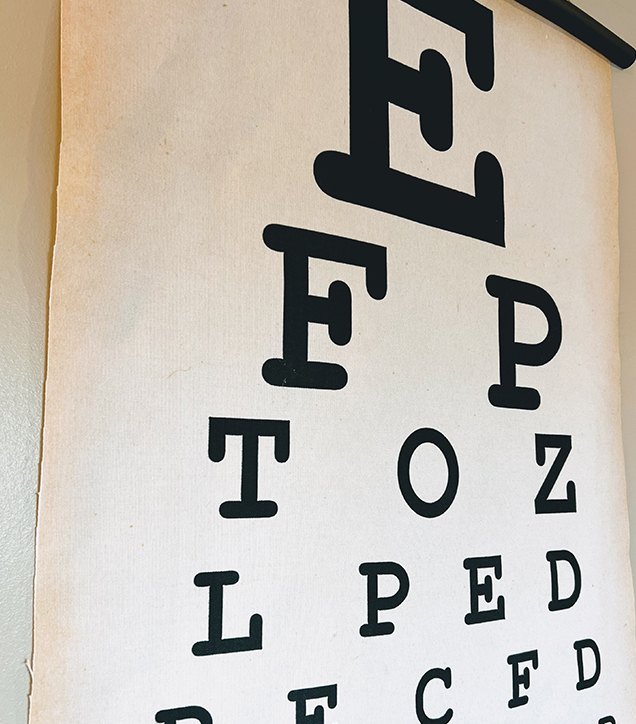
Our Address
- 5910 S Lewis
- Tulsa, OK 74105
Contact Information
- Phone: 918-745-9700
- Fax: 918-743-8102
- Email: staff@adudleyod.com
Hours of Operation
- Monday: 8:30 AM – 5:30 PM
- Tuesday: 8:30 AM – 6:00 PM
- Wednesday: 8:30 AM – 5:30 PM
- Thursday: 8:30 AM – 5:30 PM
- Friday: 8:30 AM – 2:00 PM
- Saturday: Closed
- Sunday: Closed
Insurance & Payment Information
Dr. Dudley’s Primary Eye Care believes in providing the best value for you and your family. We have products and pricing that aims to accommodate all budgets and our office participates in most insurance programs. For patients who have little or no vision insurance coverage, flexible payment programs may be arranged. To learn more about our payment options, please call our office directly.
Vision Insurance
We accept several forms of vision insurance including:
- EyeMed
- Superior Vision
- Primary Vision Care Services (PVCS)
- Vision Care Direct
- Humana Vision
- Vision Service Plan (VSP)
- Care Credit
- And More
We are also provider for Medicare, several Blue Cross Blue Shield plans, BlueLincs HMO and United Health Care
*Please call our office with any insurance inquiries!
Flexible Spending & Savings Plans
- Flexible Spending Plans
- Health Savings Accounts (HSA)
- Medical Savings Accounts (MSA)
- Cafeteria Plans
All of the above plans can be used for all your eye care and eyewear needs, including eyeglasses, contact lenses, routine office visits and medical office visits.
Care Credit
The Care Credit card is available to help people pay for health care expenses, often with an introductory period that is interest-free. We accept Care Credit for all of our services. To learn more or apply, visit Care Credit here.
Our Services
Our Brands








Our Google Reviews
Our Blogs
Eye Exams: What to Expect
Eye Health and DiseasesYearly comprehensive eye exams are crucial to detecting changes in your vision and risk of eye-related diseases. We recommend adults have a comprehensive eye exam every year, and children should have an eye exam as early as six months before they start school, and then every 1-2 years. We often get questions about what to […]
Bifocal vs Progressive Lenses
Eye Health and DiseasesFor individuals that need vision correction both near and far, progressive or bifocal lenses are a must-have! As your eyes age and your vision changes, age-related farsightedness or presbyopia may start to affect your vision. What are Bifocal or Progressive Lenses? Progressive and bifocal lenses transition from near to far distance prescription within one lens! […]
6 Common Eye Symptoms and What to Do
Eye Health and DiseasesSuffering from eye discomfort or blurry vision can be scary, especially if it comes on suddenly or is a result of a dramatic event. Below are some of the common eye-related disorders. However, remember that common doesn’t mean it should be ignored. If you are experiencing any of these systems or if you have questions […]
Eye Exams: What to Expect
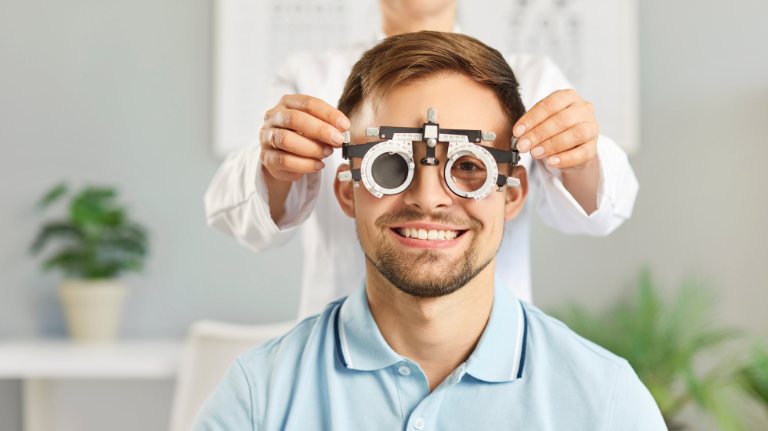
Yearly comprehensive eye exams are crucial to detecting changes in your vision and risk of eye-related diseases. We recommend adults have a comprehensive eye exam every year, and children should have an eye exam as early as six months before they start school, and then every 1-2 years. We often get questions about what to […]
Bifocal vs Progressive Lenses

For individuals that need vision correction both near and far, progressive or bifocal lenses are a must-have! As your eyes age and your vision changes, age-related farsightedness or presbyopia may start to affect your vision. What are Bifocal or Progressive Lenses? Progressive and bifocal lenses transition from near to far distance prescription within one lens! […]
6 Common Eye Symptoms and What to Do
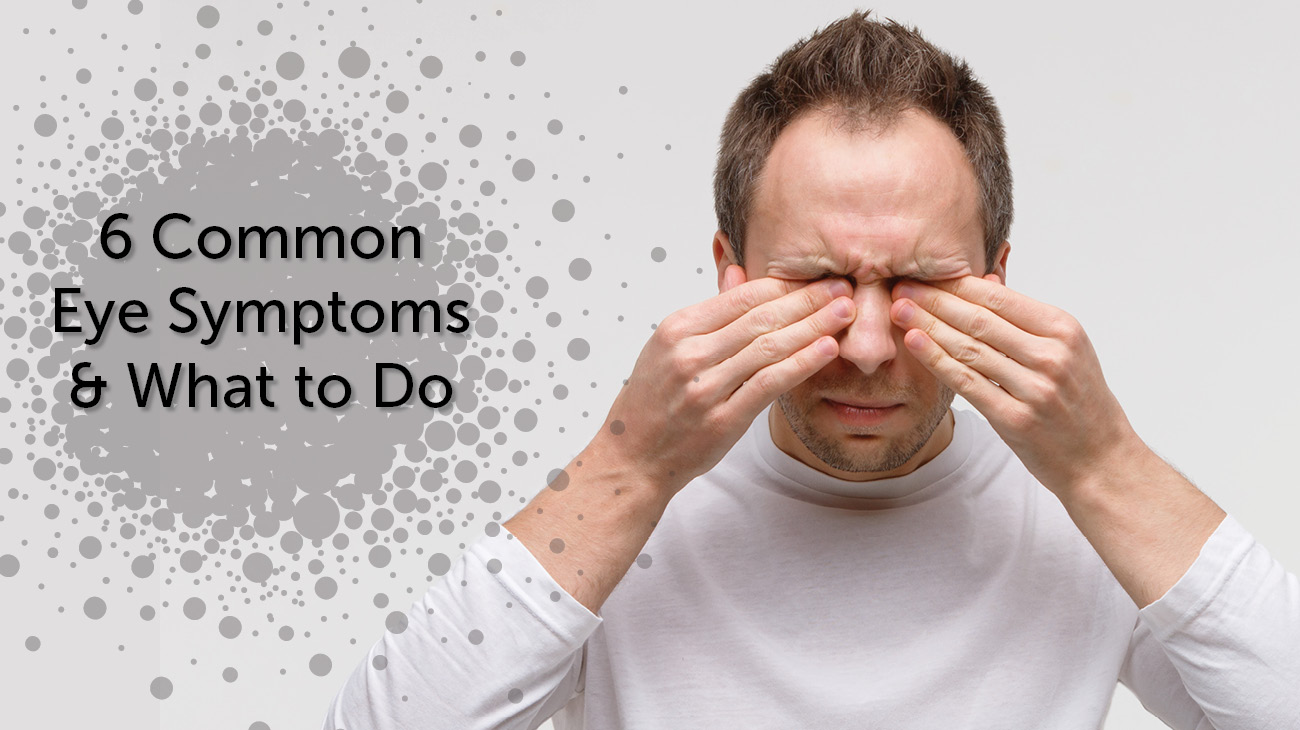
Suffering from eye discomfort or blurry vision can be scary, especially if it comes on suddenly or is a result of a dramatic event. Below are some of the common eye-related disorders. However, remember that common doesn’t mean it should be ignored. If you are experiencing any of these systems or if you have questions […]






